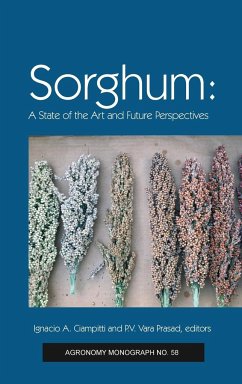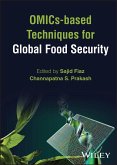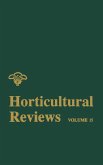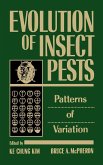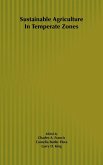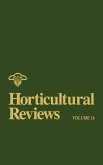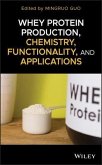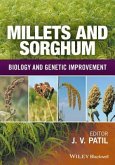Sorghum is among the top five cereals and one of the key crops in global food security efforts. Sorghum is a resilient crop under high-stress environments, ensuring productivity and access to food when other crops fail. Scientists see the potential of sorghum as a main staple food in a future challenged by climate change. The contributors provide a comprehensive review of sorghum knowledge. The discussion covers genetic improvements, development of new hybrids, biotechnology, and physiological modifications. Production topics include water and nutrient management, rotations, and pest control. Final end uses, sorghum as a bioenergy crop, markets, and the future of sorghum are presented. IN PRESS! This book is being published according to the "Just Published" model, with more chapters to be published online as they are completed.
